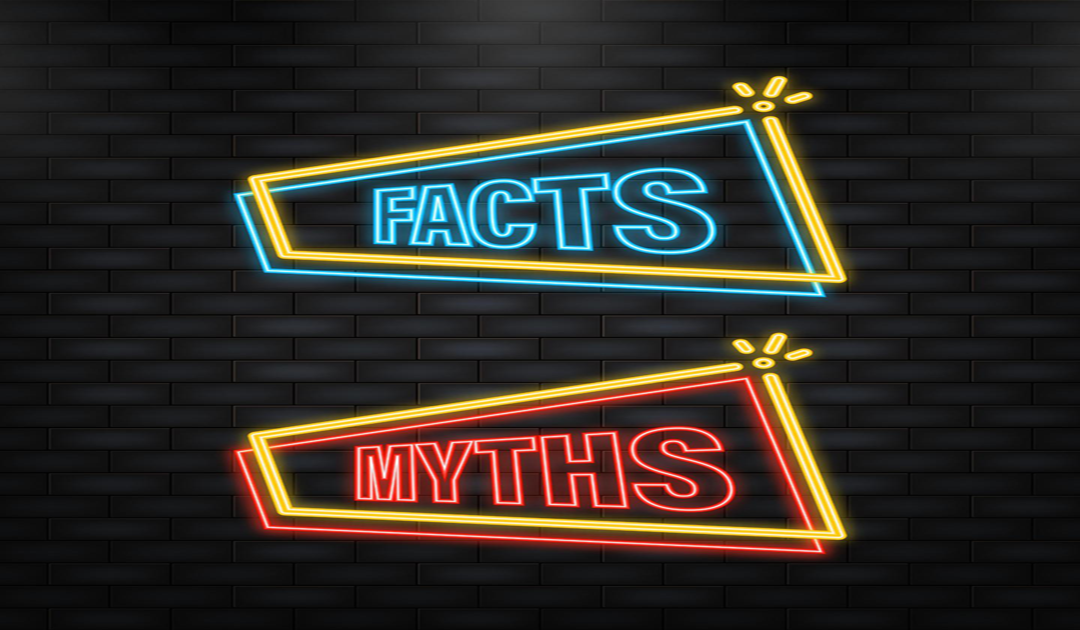The common myths about life insurance
Here are some common myths about life insurance. The life insurance policy is a necessity It’s true that the death of one’s dependents can be life-changing. Often, your dependents are your family and friends. However, your estate can provide for them with little difficulty. It is the wealthier people, who most often need life insurance. As Warren Buffett said, “If you’re very rich and you have millions of dollars to lose, you can go out and buy a life insurance policy and you can lose all your money.” In the past, he even sold life insurance policies to people who could be described as “very rich.” In the current economy, however, it is important to examine your financial situation.
What is life insurance?
This is a major misconception. You think life insurance is about the value of the life insurance policy. In reality, life insurance is about liquidity. It’s about knowing the difference between what you own and what you are given in exchange. This is what you can expect when you purchase a life insurance policy. 1. Death Benefit Your life insurance policy will pay you a death benefit upon your death. This is the amount of money you will receive from the life insurance company on your death. This cash payout could be as much as $400,000, depending on your life insurance coverage. 2. Property Value When you purchase a life insurance policy, the policy also assigns an amount to the value of your death.
Why you (probably) don’t need Life Insurance
One of the biggest misconceptions about life insurance is that it can actually pay you to live. On the surface, this seems like a good thing, but it’s not quite as simplistic as it seems. When a person dies with life insurance, the beneficiary will have to liquidate the policy in order to pay the outstanding debts. Your money would then go to the trustee, which means you could potentially lose hundreds of thousands of dollars before the policy is even paid out to your family. Another huge misconception about life insurance is that the more life insurance you buy, the cheaper it will be. While this can be true for some policies, you need to understand the underlying mechanics behind them.
Alternatives to Life Insurance
Life insurance isn’t a foolproof solution. One of the biggest selling points for life insurance is that it reduces the amount of outstanding debt on your death benefit. Unfortunately, life insurance is a false safety net. Your estate is still responsible for the entire amount of the death benefit. Life insurance isn’t a bad way to approach financial security, but it’s not the only way. Other tools should be part of your personal finance plan. Debt-Saving Tools If you’re having trouble paying off your credit card debt, you should look into finding ways to pay off your credit card debt faster. One of the best ways to do this is to use a credit card rewards program. Most credit card companies offer rewards programs. Use these benefits to your advantage.
Why most people shouldn’t buy life insurance
Life insurance is usually sold in a package deal with a home or auto loan, and the price seems a lot better than buying the product piecemeal. But you should really think about why you’re buying life insurance at all. Even if you have insurance coverage in your home and auto, it’s not something you should put all your assets into. If you were to die tomorrow, all your assets would be forfeited by the IRS, and your heirs would be forced to continue to pay the mortgage and other household expenses. Insurance is a short-term solution to a long-term problem. Health insurance is the ideal product for individuals in this situation. However, the companies charge outrageous premiums for a product that most people have as little as $250,000 coverage.
Who shouldn’t buy life insurance?
The government wants you to buy life insurance. The government would rather you be financially secure. Why? Because if you were a working American without life insurance and you were to die unexpectedly, you and your family would receive a one-time payment. The government would rather have the citizens of this country financially secure and not spend the rest of their lives paying off the death benefit. This is a great way to raise revenue to support programs that you may or may not support. If you have young children, life insurance is beneficial. It allows them to receive the monthly income they would need in the event of your death. Life insurance can be part of a program that would pay off the mortgage, pay for the kids’ education, pay off their college tuition, and more.
Life Insurance is too expensive
Average insurance premiums on life insurance today are above $3,600. This means that purchasing a life insurance policy can add over $14,000 to your estate. Furthermore, premiums for more expensive policies can skyrocket to over $8,000. That’s right; it can cost you $14,000 or more just to buy a life insurance policy. These numbers are scary for a number of reasons. Many young people may be overwhelmed by the costs and intimidated by the complexity of the process. But there’s no need to panic. Let’s take a look at the various things you should consider before buying life insurance. 1. You’re only saving money by buying a $90,000 policy While a $90,000 life insurance policy may make you feel more comfortable, you might be working against yourself.
Is life insurance a waste of money?
Even if you think you’re a good driver and can afford to pay for car insurance, it’s still a good idea to get it. The reason is that, if you ever become injured in an accident and it causes you to become disabled, you will have your health insurance pay for your medical care. If you have health insurance that will pay you a monthly benefit, like Medicare, or comprehensive insurance that pays for a good portion of your health care expenses, like private health insurance, your health insurance likely has a high deductible.
Life insurance is often a financial burden for many people. There are a number of reasons why. For starters, it is often an expensive insurance policy that is difficult to qualify for. As a result, most people do not take the time to research life insurance options and determine if the policy is right for them and their families.
In addition, many life insurance policies are designed to leave the policyholder in a difficult financial position when the policy expires. Upon expiration, the policyholder faces paying off the death benefit, often with a hefty premium for the privilege, if the policy is in a healthy financial position. Of course, this does not mean that life insurance is no longer a good choice for many people.

